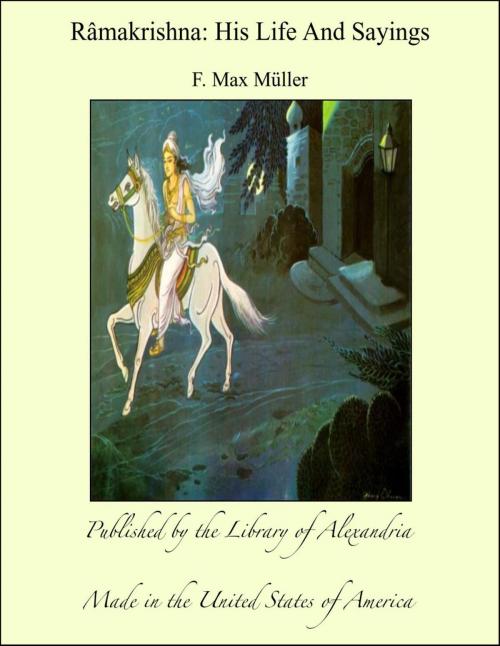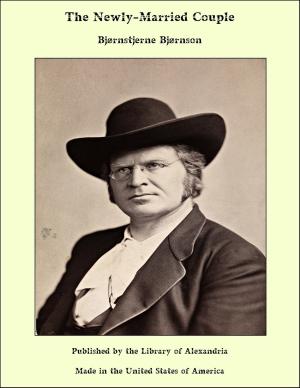Râmakrishna: His Life And Sayings
Nonfiction, Religion & Spirituality, New Age, History, Fiction & Literature| Author: | F. Max Müller | ISBN: | 9781465579027 |
| Publisher: | Library of Alexandria | Publication: | March 8, 2015 |
| Imprint: | Language: | English |
| Author: | F. Max Müller |
| ISBN: | 9781465579027 |
| Publisher: | Library of Alexandria |
| Publication: | March 8, 2015 |
| Imprint: | |
| Language: | English |
THE name of Râmakrishna has lately been so often mentioned in Indian, American, and English newspapers that a fuller account of his life and doctrine seemed to me likely to be welcome, not only to the many who take an interest in the intellectual and moral state of India, but to the few also to whom the growth of philosophy and religion, whether at home or abroad, can never be a matter of indifference. I have therefore tried to collect as much information as I could about this lately-deceased Indian Saint (died in 1886), partly from his own devoted disciples, partly from Indian newspapers, journals, and books in which the principal events of his life were chronicled, and his moral and religious teaching described and discussed, whether in a friendly or unfriendly spirit.
THE name of Râmakrishna has lately been so often mentioned in Indian, American, and English newspapers that a fuller account of his life and doctrine seemed to me likely to be welcome, not only to the many who take an interest in the intellectual and moral state of India, but to the few also to whom the growth of philosophy and religion, whether at home or abroad, can never be a matter of indifference. I have therefore tried to collect as much information as I could about this lately-deceased Indian Saint (died in 1886), partly from his own devoted disciples, partly from Indian newspapers, journals, and books in which the principal events of his life were chronicled, and his moral and religious teaching described and discussed, whether in a friendly or unfriendly spirit.















